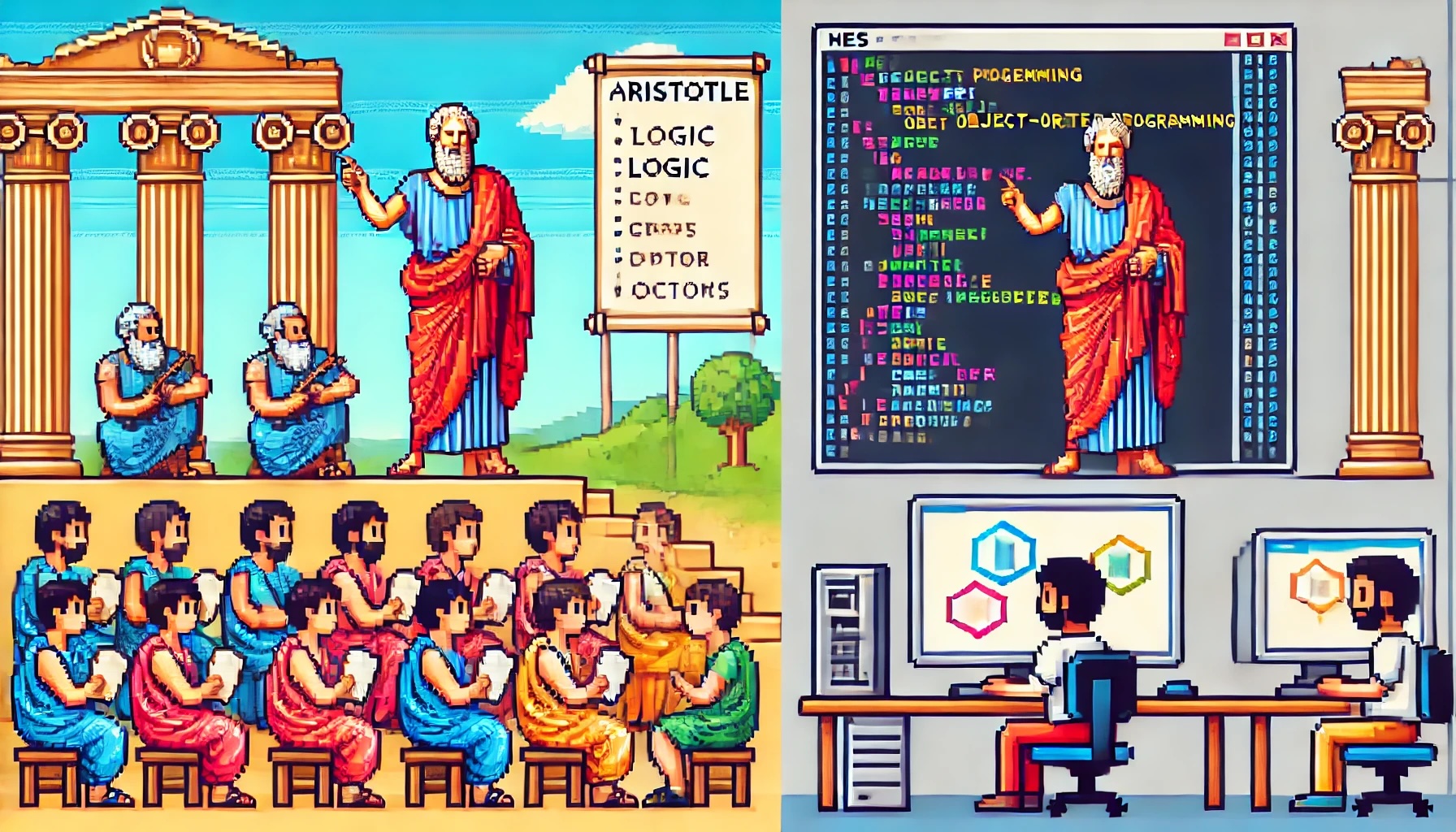
El Salvador: Digital Transformation Initiatives
El Salvador is undergoing a remarkable digital transformation under President Nayib Bukele, driven by strategic partnerships with tech giants like Google. This includes advancements in healthcare, education, and digital government services. The government has invested significantly in digital infrastructure, expanding internet access and implementing 5G technology. The introduction of the Chivo Wallet has promoted cashless transactions and financial inclusion. Efforts to improve digital literacy are widespread, targeting the general public, students, and government employees. These initiatives aim to position El Salvador as a leader in digital innovation within Latin America.

El Salvador: The Implementation of Bitcoin as Legal Tender
El Salvador made global headlines on June 9, 2021, by becoming the first country to adopt Bitcoin as legal tender. This unprecedented move, spearheaded by President Nayib Bukele, aimed to modernize the economy and increase financial inclusion. The implementation included the launch of the Chivo Wallet and Bitcoin ATMs, along with significant government investments. While the initiative sparked international interest and boosted tourism, it also faced skepticism due to Bitcoin’s volatility. This article explores the economic and social impacts of this bold experiment, highlighting both the opportunities and challenges of integrating cryptocurrency into a national economy.

El Salvador’s Technological Revolution
El Salvador has recently become a focal point for technological innovation under President Nayib Bukele. Born in Suchitoto during the civil war, I have observed this transformation from afar as a digital nomad living in Saint Petersburg, Russia. This article, the first in a series, explores how blockchain technology, financial services, and AI can drive growth in small countries like El Salvador.
El Salvador has traditionally faced economic challenges such as poverty, gang violence, and a reliance on remittances. President Bukele’s administration has prioritized technological innovation to address these issues. A significant move was the adoption of Bitcoin as legal tender in 2021, aimed at promoting financial inclusion, reducing remittance costs, and attracting foreign investment.
The government has also partnered with tech giants like Google to modernize its digital infrastructure, improve healthcare through telemedicine, and enhance education with AI tools. Bukele’s broader strategy involves shifting the economy from agriculture to technology, financial services, and tourism to create a more resilient and diverse economic base.
This series will delve deeper into these initiatives, examining their impact and future prospects, and propose potential AI legislation to ensure continued leadership in technology within Latin America.

Embrace the Dogfood: How Dogfooding Can Transform Your Software Development Process
Dogfooding, or using your own software internally, can transform your development process. By experiencing your product firsthand, you catch bugs early, enhance quality, and improve user experience. Real-world usage provides immediate feedback, speeding up iteration and refining features. Companies like Microsoft, Google, and Slack use this practice to ensure reliability and build credibility. Start by integrating your software into daily tasks, encourage team participation, and set up easy feedback channels. Despite challenges like bias and resource allocation, dogfooding offers invaluable insights, leading to better, more trustworthy software. Embrace dogfooding and create products you truly rely on. Happy coding!

Aristotle’s “Organon” and Object-Oriented Programming
Discover the timeless connection between Aristotle’s “Organon” and Object-Oriented Programming (OOP). Aristotle, the ancient Greek philosopher, revolutionized logical thought with his systematic approach in the “Organon,” a collection of works on categories, propositions, and syllogisms. Fast forward to modern software development, OOP organizes code into classes, objects, and methods, promoting modularity and efficiency. Both systems emphasize structured, logical thinking and error handling. By bridging these ancient and modern principles, we gain a deeper appreciation for the enduring power of logical organization in both philosophical inquiry and technological innovation.

The mystery of lost values: Understanding ASCII vs. UTF-8 in Database Queries
When dealing with databases, understanding character encodings like ASCII and UTF-8 is crucial. ASCII uses 7 bits for each character, allowing 128 unique symbols, while UTF-8 is a variable-width encoding that can represent over a million characters. This difference impacts case-sensitive queries. For example, querying usernames from ‘A’ to ‘z’ includes all uppercase and lowercase letters and some special characters in ASCII. Understanding these ranges ensures accurate and efficient queries.



